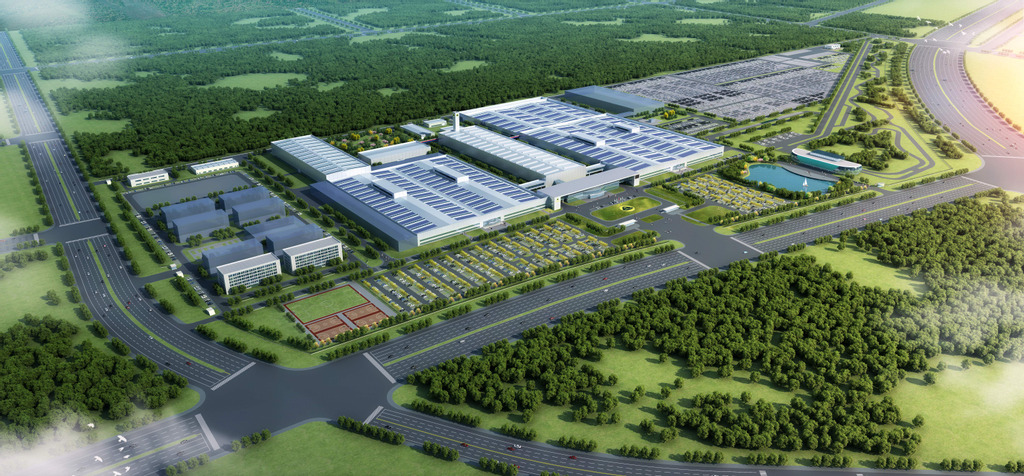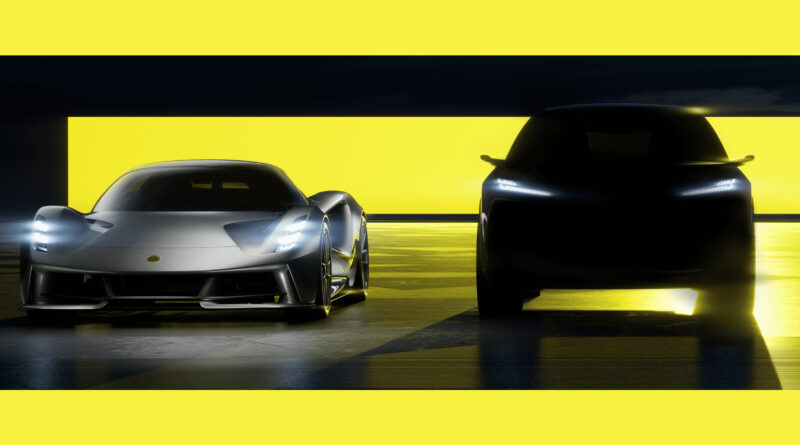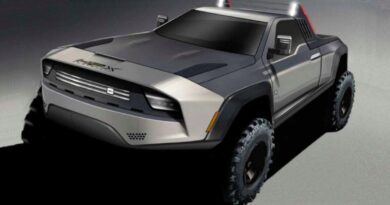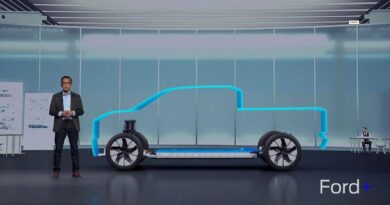Lotus EV rush led by electric SUV taking aim at Tesla Model X
The Chinese-owned British sports car company Lotus has confirmed the 2022 launch of a battery electric SUV rival for the Tesla Model X.
Codenamed Type 132 and pictured above with the Lotus Evija hypercar also due in 2022, it will be the first of four BEV models Lotus will launch in the next five years.
The new Lotus EVs will be built at a new assembly plant in Wuhan which opens later this year and will eventually have an annual 150,000 vehicle capacity.
That’s far more than the handful of sports cars Lotus has built annually throughout its turbulent and often unprofitable 73-year history.
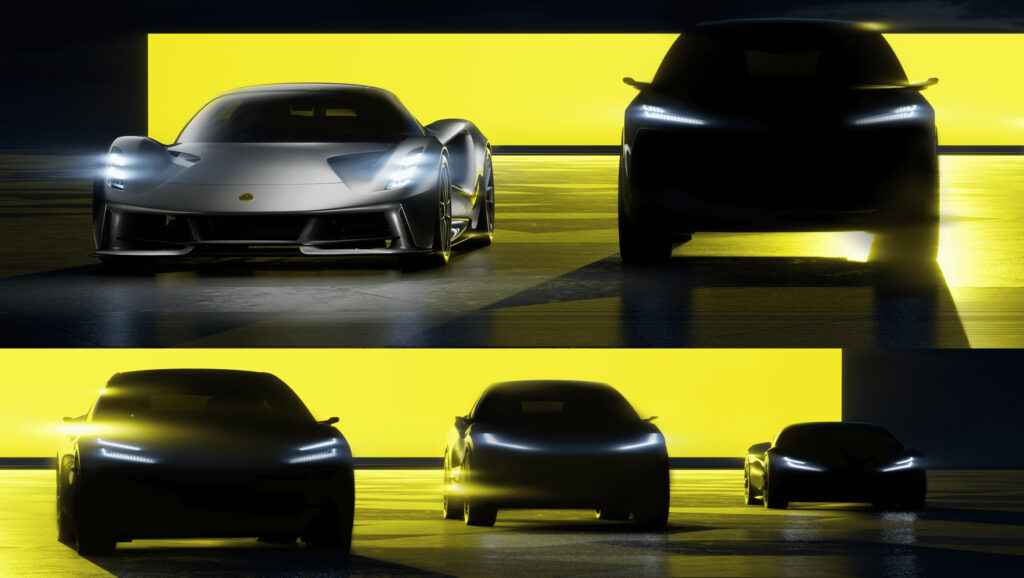
However, it will continue to build sports cars at its Norfolk base in the UK and global sales will continue to be co-ordinated from there as well.
That means both the soon-to-be launched Evija electric hypercar and another sports car, codenamed Type 136, being developed with Renault Groupe performance brand Alpine and due in 2026, will be built at the Hethel plant the UK.
The EV rollout was confirmed at the ground-breaking of an R&D facility in Wuhan China for a new subsidiary called Lotus Technology, in which William Li, the ambitious founder of Chinese EV brand Nio, has invested alongside Lotus owner Geely Holding Group.
No details about the Type 132 were revealed apart from it being in the large E-segment, where it will take on the likes of the Model X and the BMW iX.
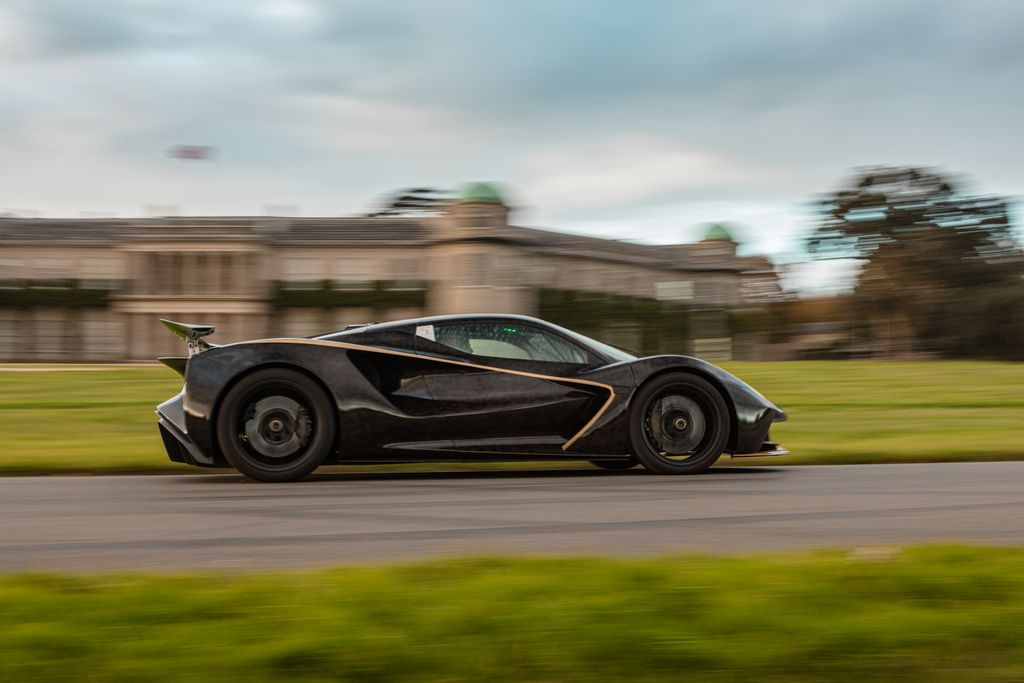
A large electric four-door coupe dubbed Type 133 will launch in 2023 and a mid-size SUV, Type 134, in 2025.
All the lifestyle (non-sports car) BEVs will be based on the new Lotus Premium EV architecture. It allows wheelbases between 2889mm-3100mm, batteries sized between 92-120kWh and 800-volt high-speed charging. The highest performing vehicles based on Premium will be capable of accelerating from 0-100km/h in under three seconds.
The Lotus Technology R&D facility will open in 2024. It has been created to develop new vehicles with Lotus in the UK and drive the development of technologies including batteries and energy management, e-motors, electronic control systems, intelligent driving and intelligent manufacturing.
The investment by Li is likely to lead to co-operation between Lotus and Nio. An official statement said the two companies shared interests in “the field of intelligent electric mobility”.
The model rollout and Chinese expansion are part of the Lotus Vision80 strategic plan, which outlines the transformation of Lotus ahead of its 80th birthday in 2028. The factory and R&D base in Wuhan adds to Hethel and an R&D centre in Germany as centres critical to the future of the brand.
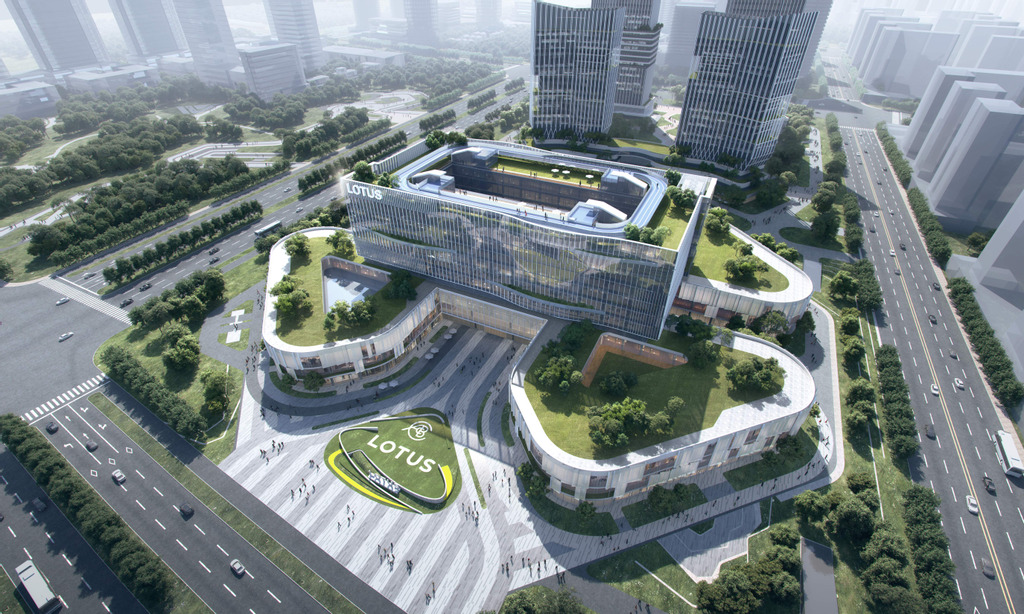
“Transforming Lotus from a UK sports car company to a truly global performance car company has always been at the core of Vision80,” said Matt Windle, Managing Director, Lotus Cars.
“The launch of Lotus Technology is a major milestone on the road to making that a reality, while adhering to the unwavering Lotus principles of pure performance, efficiency, motorsport success and, above all, being ‘For the Drivers’.”
The new Lotus plant in Wuhan is the first in the world with an integrated intelligent test track. It features an advanced system whereby vehicles can be transported into workshops using autonomous driving technology without any human intervention. It is designed to accommodate vehicles driving at speeds up to 230km/h through 16 corners.
At the ground-breaking, Lotus also unveiled the concept of ‘track-level intelligent drive’ as a 10-year technological development target. The new technology’s aim is to assist drivers to perform as well as an F1 driver on track, while increasing driver safety and improving performance on the road through advanced software and hardware.
